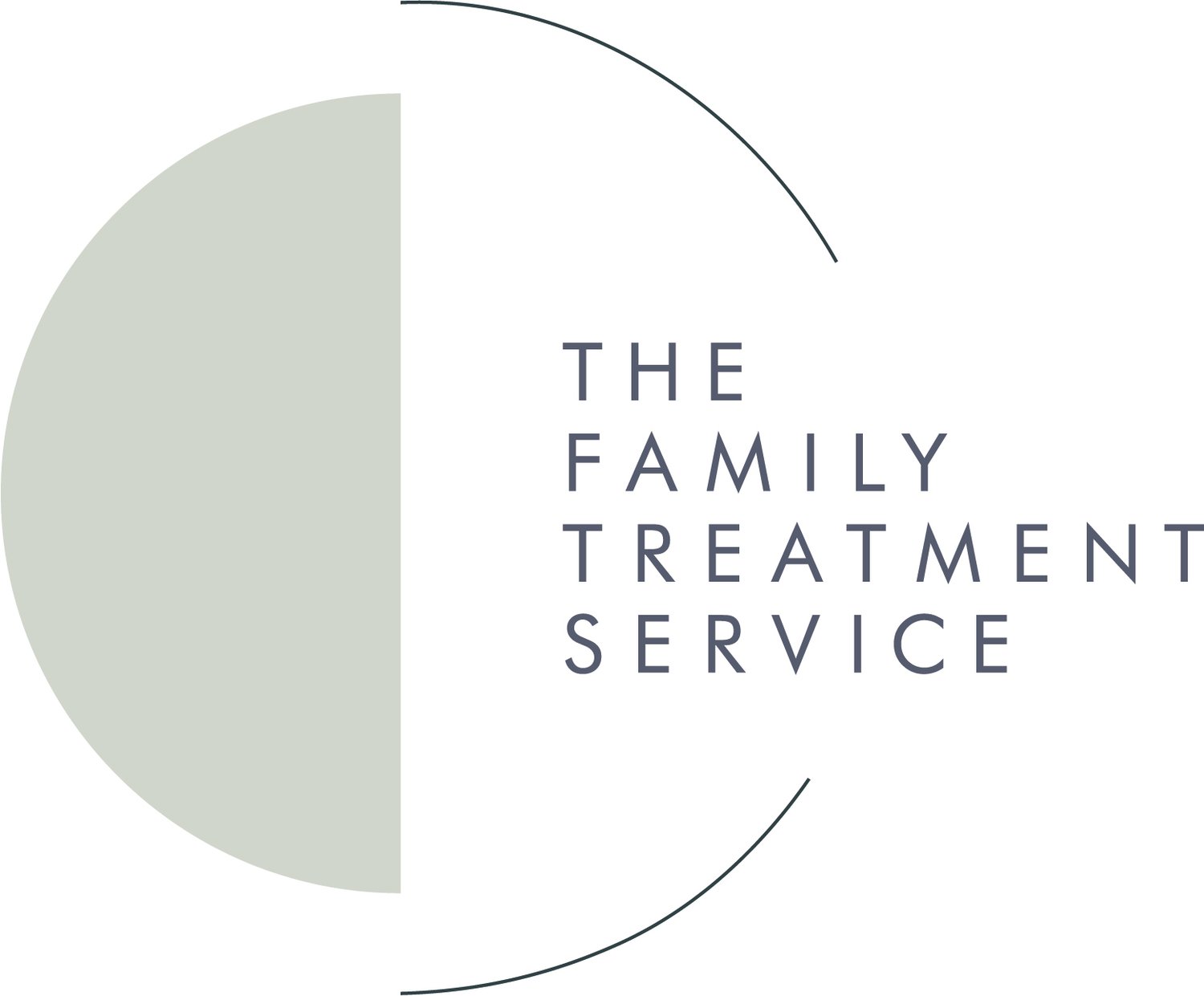The importance of early intervention in the treatment of Anorexia Nervosa
The tragic death of Nikki Grahame has catapulted the difficulties with care of people with Eating Disorders into the spotlight, but those of us who have been working in treatment have been aware of it for a long time.
Eating disorders have the highest mortality rates among psychiatric disorders and Anorexia Nervosa has the highest mortality rate of any psychiatric disorder in adolescence. This is partly explained by the severe physical complications arising from Anorexia, as well as a tragic rate of 20-40% from suicide (Anorexia and Bulimia Care UK).
Public sector Eating disorder services are so overburdened and underfunded. They have seen increases in referrals of up to 75% and it is just not possible to give people the care they deserve, or that the clinicians would like to deliver. Young people and adults alike don’t tend to reach out until they are unwell and then having to wait a long time, or receiving a minimal amount of treatment results in the illness becoming more serious and recovery more difficult. We all know that Early intervention results in the best possible recovery outcome (NICE). Not providing children and young people with the resources to recover means that their illness may not be cured and that they go into adulthood with enduring Anorexia Nervosa.
The ideal treatment for Anorexia is a multi-disciplinary approach with Individual therapy, a meal plan, Occupational Therapy and Family Therapy after all no one suffers in isolation and families are often the key to recovery. It is difficult to recover from but it is possible, and I would urge anyone who thinks they need help to reach out as soon as possible. If someone you love is suffering there is also a lot you can do to support them, look for carers workshops and support groups to tell you more.
Let’s hope that this awful loss of life to an illness that can be treated isn’t in vain and that at least public awareness is raised, both of the danger of Anorexia, and of the importance of getting help. Everyone should be entitled to the help they need for free locally to them. If you are finding this difficult to access then the BEAT website has great information on overturning a bad decision by your GP if they decide not to refer you to specialist services.
by Jemma Meeson, Highly Specialist Systemic Psychotherapist
Visit our Eating Disorder page for more information about the services we offer.

